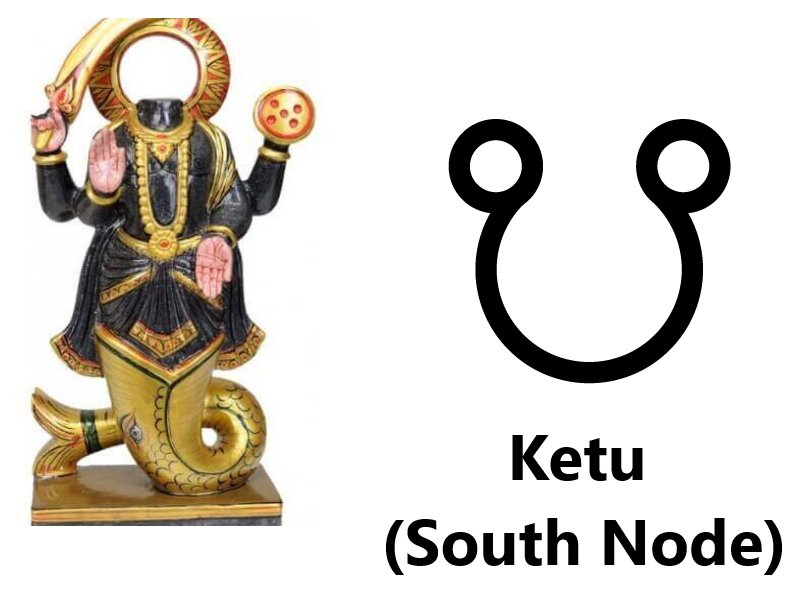— Dr. A. non Questry (@DQuestry) December 27, 2020
This is from the official Under Secretary of Defense for Intelligence DOD account on Twitter. Ezra Cohen-Watnick - after being appointed by Trump to chair an influential declassification board - "likes" a tweet that implies he is "Q."
119/7 = 17 & Q = 17
https://t.co/LQShObYZqn

119 \u27977 is now the Chairman of the Public Interest Declassification Board. This new information could be of importance to many. I wonder what that could mean for those who have taken actions to obscure potentially damaging information from the public view?
— 337Tomahawk (@absitminded) December 23, 2020

https://t.co/cIL0RjccQD

Medal of Honor recipient former Special Forces Staff Sgt. Ronald J. Shurer II was laid to rest at Arlington National Cemetery yesterday. A hero to our nation, we will never forget his service and sacrifice. https://t.co/QBcmdh6Hkv
— USSOCOM (@USSOCOM) October 28, 2020
More from Twitter
I've been a Twitter power user since 2008 or so. Long time.
I've watched it change from an impromptu conversation or watch party platform to a place for people to build their professional reputations and network.
2/ In many ways it's matured into a more effective professional platform than LinkedIn.
LinkedIn is (mostly) about collecting the professional contacts you've met.
Twitter is a place to meet new people.
That much hasn't
Facebook is where you learn you don't like a lot of the people you know. Twitter is where you learn to like people you don't know already.
— Amanda Orson (@amandaorson) August 2, 2012
3/ What also hasn't changed is its power for networking.
This is particularly useful if you break out of your echo chamber and talk, build relationships with people doing tangentially related things.
You're bricklaying and with patience it pays off.
Back of the napkin math - over the last year I've referred (or retained) $500k+ worth of business to contacts in my network.
— Amanda Orson (@amandaorson) November 16, 2016
4/ What has changed is a growing population of people being *intentional* about the use of Twitter for their professional lives.
Observations on what's working for them:
5/ They "Build in public" - sharing behind the scenes perspectives on whatever it is you're doing professionally.
What do people not know about what you do?
Stick within your expertise, with focus, where people see you are an authority - that’s where you grow a following.
















![Peter McCormack [Jan/3\u279e\u20bf \U0001f511\u220e]](https://pbs.twimg.com/profile_images/1524287442307723265/_59ITDbJ_normal.jpg)








